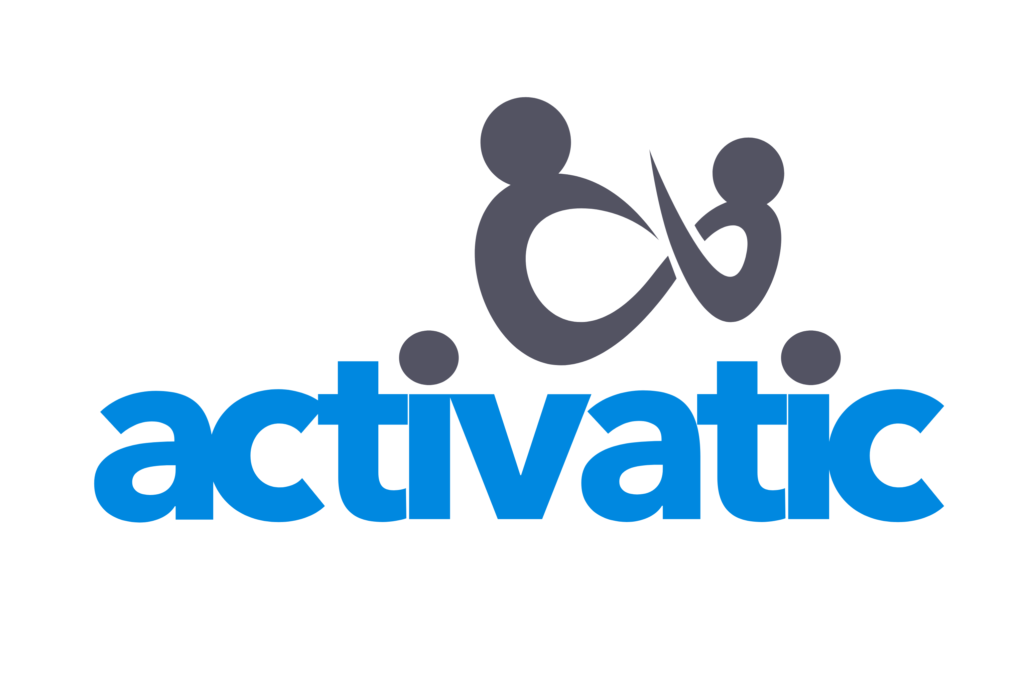Starting with emotional intelligence
Emotional intelligence is much more than a trendy concept, especially when it comes to education. It refers to the ability to recognize, understand and manage our emotions, as well as those of others. In the school environment, this skill has a direct impact on the way students face challenges, work in teams and overcome difficulties.
Children and youth who develop their emotional intelligence not only improve their academic performance, but also find tools to manage stress, maintain healthy relationships with peers and make more responsible decisions. This ability gives them an additional advantage in the face of school challenges.
Motivation: the engine of learning
Motivation is an essential part of emotional intelligence and plays a crucial role in school success. When a student understands the relationship between his effort and the achievement of his goals, his motivation increases, prompting him to learn and persevere even when tasks become more difficult.
Moreover, motivation does not always arise spontaneously. Teachers, parents and guardians play an important role in fostering an environment that inspires curiosity and a desire to learn. A positive environment filled with emotional support can make the difference between a child who is unmotivated and one with a passion for learning.
At Activatic, our teachers are in charge of inspiring each student. Contact us today!
Building self-confidence
Self-confidence is another key component of emotional intelligence. Students who believe in their abilities are more likely to face challenges and bounce back from failures. A powerful aspect of confidence is that it feeds back: small triumphs generate greater confidence, which in turn fosters a more determined approach to new goals.
Fostering a positive internal dialogue is key to building such confidence. By abandoning the fear of making mistakes and learning to value themselves, students can open up to new experiences and take on responsibilities with greater enthusiasm. This internal change not only improves their performance, but also strengthens their self-esteem.
You may be interested in: ADHD and concentration: Why is it so hard for them to focus?
Better emotions, better performance
When students manage their emotions effectively, their academic performance improves dramatically. Negative emotions, such as anxiety or fear, can be barriers to learning. However, with the right strategies, these emotions can be transformed into allies for success.
On the other hand, emotionally intelligent students tend to manage their time better, establish priorities and work towards their goals more effectively. Emotional skills, such as stress regulation and empathy, also have an impact on better performance in group work, where collaboration and mutual respect are essential.
Find out how we boost your child’s academic performance. Visit our website!
Emotional intelligence, a bridge to success
Developing emotional intelligence is not an immediate process, but its benefits are profound and long-lasting. Students not only succeed in their assessments, but also become more resilient and able to adapt to the changes and challenges of everyday life.
The role of educators and families is key in this journey. By fostering emotionally healthy learning environments and providing tools for students to understand and manage their emotions, we are investing in their academic success and long-term well-being.
If you liked this article, share it with others and don’t forget to follow us on Instagram y Facebookas well as check out our school tutoring and language teaching services at activatic.es

